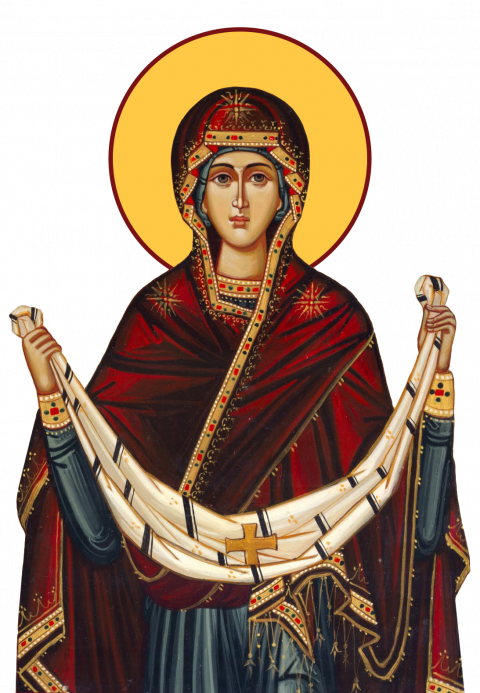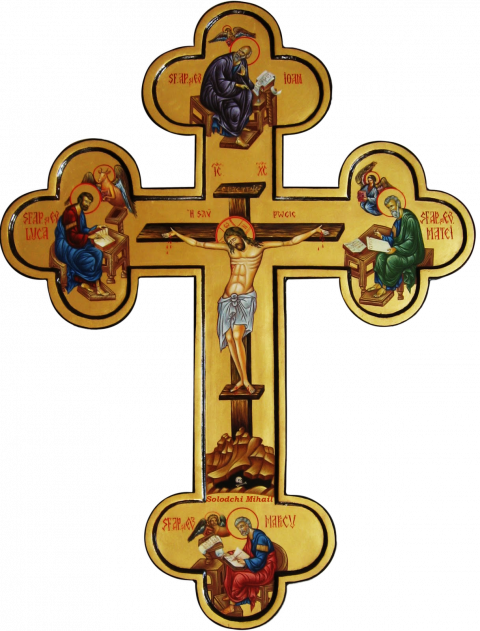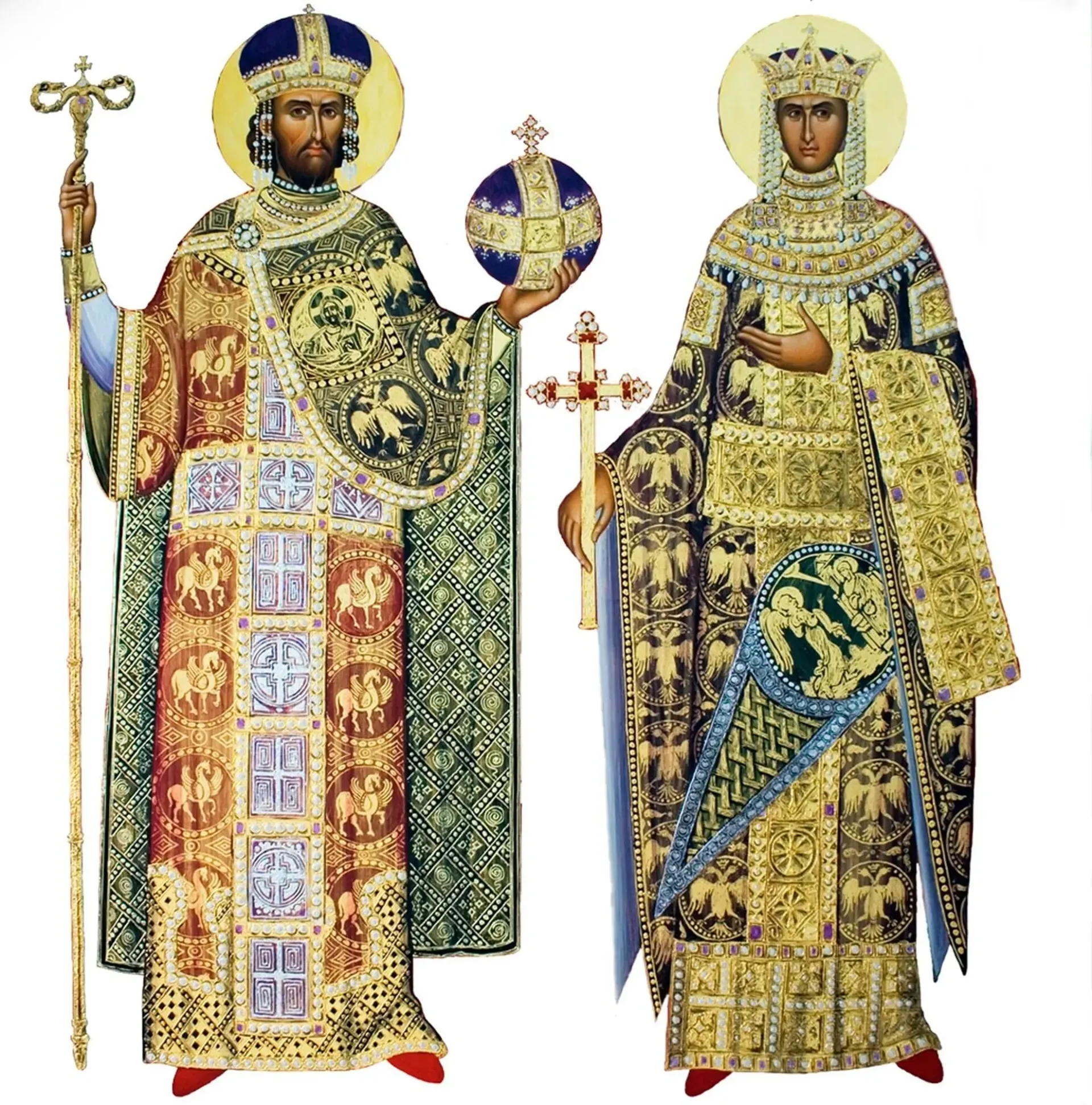Online programming for the Holy Sacrament of the Religious Wedding
Please fill in the form on the right of the page, with the minimum necessary information and then send it to us, to process and register your appointment ...... !!!
Schedule Form
Complete and send...
Information about this Holy Sacrament of Marriage:
What is and who are the recipients of the sacrament of marriage? Marriage is the Sacrament of the Church through which a man and a woman, who freely consent to live together for the purpose of personal perfection and the birth of children, receive the divine grace that sanctifies their union. The recipients must be male and female, not close relatives, i.e. below the 7th degree of kinship, and be of the Orthodox religion. The wedding is forbidden by the canons of the Church if the bride and groom are in the following situations: cousins of different degrees, uncles or aunts with their own nephews or nieces with sons (spiritual kinship) the godfather with the mother of the son(daughter) of Boteznaşa with the father of the son(daughter) of Godfather Adoptive parents with adopted children persons of the same sex If at least one of the partners is not in the first marriage, he receives a release for the second religious wedding, the third or fourth is not canonically allowed in the Orthodox Church. If one of the partners is divorced, he must present a legal proof of the conclusion of the previous marriage. In case of widowhood, the death certificate of the deceased spouse is required. When can't weddings take place? According to the ninth commandment of the Church, weddings cannot take place on the following days and times over the year: a) during the four fasts over the year, as well as on all fast days during the year: Wednesday and Friday, the Day of the Cross (14 September), Beheading of Saint John the Baptist (August 29). This, because the parties and guests that usually accompany the wedding do not match the repentance and self-restraint that fasting imposes on us (this is what the Church canons provide: Interpretation of Canon 69 of St. Apostles; canon 52 of the Synod of Laodicea and St. Simeon of Thessalonica, Answer to question 25, trans. Rom. p. 318. In Paresimi, the engagement is allowed if necessary, and this only on the day of the Annunciation (if it does not fall in the week of the Passion) and on Palm Sunday. b) during the cheese week (or white week), which is counted as a time of preparation for fasting. c) during Holy Week (between Easter Sunday and St. Thomas Sunday), on Pentecost Sunday, between Christmas and Epiphany, as well as on the eve of all royal holidays, so that the joy of the nuns does not darken or make us forget the spiritual joy of those major Christian holidays. What should the bride and groom do before the wedding? Before receiving the Sacrament of Marriage, the two young people, as well as their godparents, will confess to the spiritual priest, at least 2-3 weeks before the wedding ceremony; If one of the two future spouses belongs to a religion other than the Orthodox one, the heterodox one will first be converted to Orthodoxy, and if he did not receive Baptism in the name of the Holy Trinity, he will be baptized into the Orthodox faith. Godparents Because the godparents participate in the sacramental act of the wedding service, the Church requires that they fulfill, OBLIGATORY, the following conditions: practicing Orthodox Christians, involved in the life of the Church, strong examples for the couple Married in the Orthodox Church The parents of the two young people The parents of the two young people must agree to the marriage of their children. Marriages made without the consent of the parents do not bring joy to the children and are stopped by the canons of Saint Basil the Great (canons 38, 40 and 42). What do you need at the Wedding? 1. two wedding rings (for the engagement ceremony); 2. two clean wax candles; 3. a bottle of white wine; 4. kittens; 5. a jar of bee honey 6. two weeks before the Wedding, the bride and groom will come to the church to confess.








